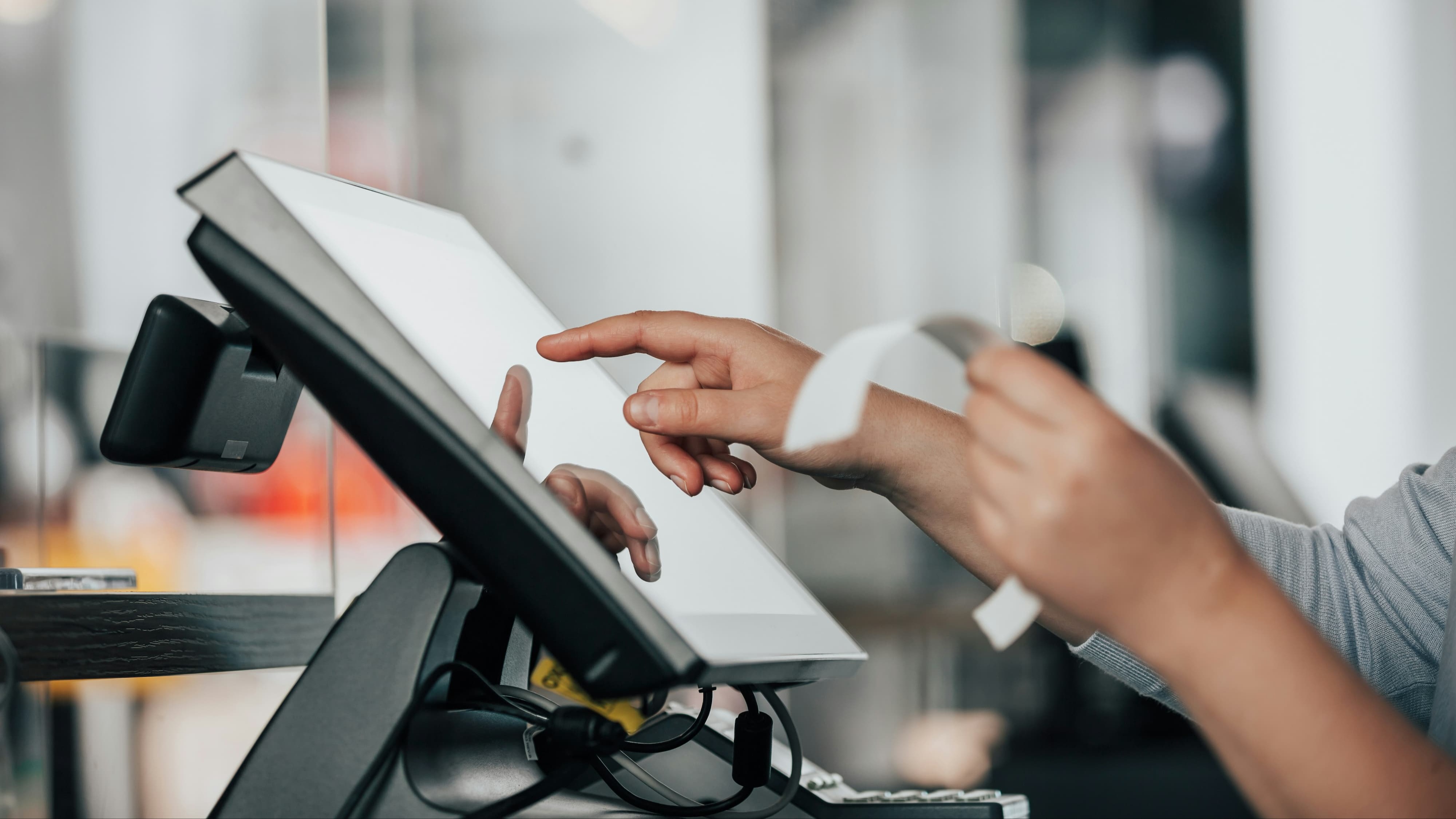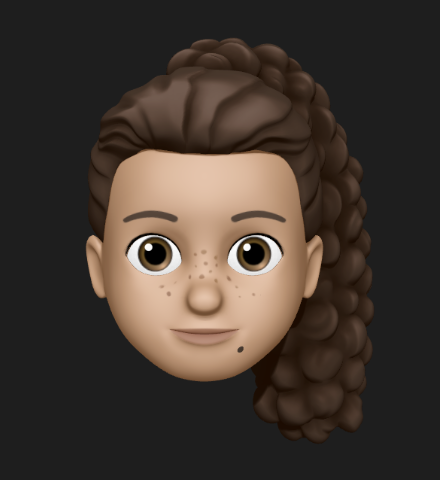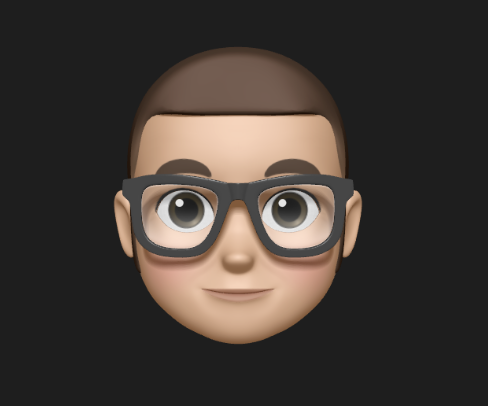 Your Money
Your Money Payment Receipt: What It Is, What It’s For, and How to Obtain It
A payment receipt is issued after purchases, transfers, or payments. Learn how to obtain a payment receipt and its uses.



Mexican banking institutions use something known as the interbank CLABE to optimize the process of sending and receiving money. Understanding what it is and what it's used for is crucial for any freelancer providing services in this country.
Why? Because it will help you manage your finances and simplify online fund transactions.
In this post, we'll tell you how many digits the interbank CLABE has, whether it's safe to share, what it's used for, and other aspects.
The Standardized Banking Code, better known as CLABE, is a set of numbers that identifies bank accounts, generally checking accounts.
This facilitates electronic transfers between banks. It's a measure that ensures the accuracy and security of bank transfers, thus avoiding errors and simplifying the process of sending and receiving money.
The CLABE consists of 18 digits, and each digit provides specific information about an account in Mexico.
So, if you live in the country and are a freelancer, it's beneficial to know these details so that your clients can pay you quickly and safely. After all, you will need to provide them with this key to enable them to make direct transfers without any issues.
Digits of the Interbank CLABE:
Bank Code. The first three numbers indicate which bank the account belongs to.
Branch Code. The next three digits correspond to the branch where the bank account is located.
Account Number: This tells us the account number of the recipient and consists of 11 digits.
Control Digit. The last digit validates that the previous data are correct.
As you can see, each digit is designed to provide detailed information and successfully carry out the processes.
This standardized key, as mentioned, has 18 digits that are not random; instead, they are precisely designed to provide protection to the user.
The generic composition of the interbank CLABE is:
Bank code 111 | 222 Place code | 33333333333 Account number | Control digit 4 |
You can find out your interbank CLABE number in several ways:
Check your bank statement.
Look at your bank contract, as it is usually included when you open the account.
Access your online banking session to find it. For example, for BBVA, you can find your interbank CLABE by clicking on “View Account” and then on CLABE or in their app.
If you prefer, you can contact your bank’s customer service where your account is held and ask for your CLABE.
Another way is to visit your nearest branch and speak with an agent to provide you with the CLABE.
Of course, if you have your bank's mobile app, it would be much more convenient and quicker to do it from there.
The standardized key is used to send or receive interbank deposits in the country, allowing to validate the integrity of both the sender and the receiver. It is also used for domiciliary charges, meaning paying for services such as water, electricity, telephone, among others.
For freelancers, the interbank CLABE is useful for:
Receiving payment for your services from your clients quickly and safely.
Making transfers to third parties or paying service providers directly.
Reducing errors when making bank transfers, ensuring the money reaches the correct bank account.
It also allows for better financial management. It not only facilitates the direct debit of frequent payments but also the automation of income and returns.
You can share your interbank CLABE with those who need to send you a transfer without any risk. This key acts as an address, just like your home address or a phone number. While it contains the necessary information to carry out electronic transactions, it does not allow third parties to access the account funds unless they make withdrawals.
Therefore, if you trust the person who is going to send you the money, you can share your CLABE without any fear. Moreover, it is a very common practice in Mexico designed precisely for this type of process.
IBAN and SWIFT/BIC are used to identify bank accounts, but the main difference lies in the territory.
CLABE. A set of numbers assigned to each bank account in Mexico, indicating the branch where it is located and the bank it belongs to. It is used for local transactions and consists of 18 digits.
IBAN (International Bank Account Number). An international standard used to identify bank accounts within the SEPA, i.e., in Europe and worldwide. It can have up to 34 characters and is used to facilitate cross-border transfers.
SWIFT/BIC. A code used to identify specific banks when making international transactions. It consists of 8 to 11 alphanumeric characters and ensures that the funds are sent to the correct banking institution globally. Essential for international remittances.
The main difference lies in their specific use and the number of digits each one has:
Account Number. Used only for internal transactions. Generally consists of 10 digits, which helps identify accounts within the same financial institution.
Card Number. Comes with 16 numbers on the front and three digits printed on the back. Primarily for making online or telephone purchases.
CLABE. Used for both sending and receiving interbank transfers within Mexican territory. Composed of 18 digits, it is crucial for ensuring transactions between banks.
This last one does not replace either the account number or the card number.
Check the legend or reason. Make sure the payment description is correct to easily locate it in your records.
Request the legend. Ask the depositor to use a clear payment description or reason to facilitate locating the deposit.
Consider the fees. Be informed about bank fees, as they may vary from one financial institution to another.
Keep your data safe. Share your CLABE only with persons or entities you consider trustworthy to avoid fraud.
Regularly review your account statements. Check your transactions frequently to detect any errors or irregularities regarding payments received or sent.
Update your banking information. If you change your bank account, do not forget to give the new key to your clients and suppliers to avoid transaction issues.
Consider using DolarApp to receive or send money, as you can save on exchange rates. However, keep in mind that, if it is from abroad, you must provide your BIC/SWIFT code.
Managing this CLABE can bring various benefits to your freelance career:
Accurate Record. Ensures that interbank operations with your clients are accurately recorded, minimizing potential errors.
Standardization.The key facilitates the transfer of resources between different banks, simplifying the process.
Reduction of Rejections. Reduces the likelihood of rejections when transferring money due to erroneous or non-existent data, ensuring that transfers are carried out smoothly.
Validation. The CLABE confirms the integrity of the beneficiary's data, not only at the origin bank but also at the receiving bank.
In summary, the interbank CLABE improves the accuracy, standardization, and security of bank transfers in Mexico, making the flow of money between different financial entities much simpler.

The world has borders. Your finances don’t have to.
 Your Money
Your Money A payment receipt is issued after purchases, transfers, or payments. Learn how to obtain a payment receipt and its uses.

 Your Money
Your Money Discover what an investment fund is and how it works to make your money work for you with the help of professional fund managers.

 Your Money
Your Money You can send money from Mexico to the United States through Walmart. Find out how to do it and what the costs are for using this service.


